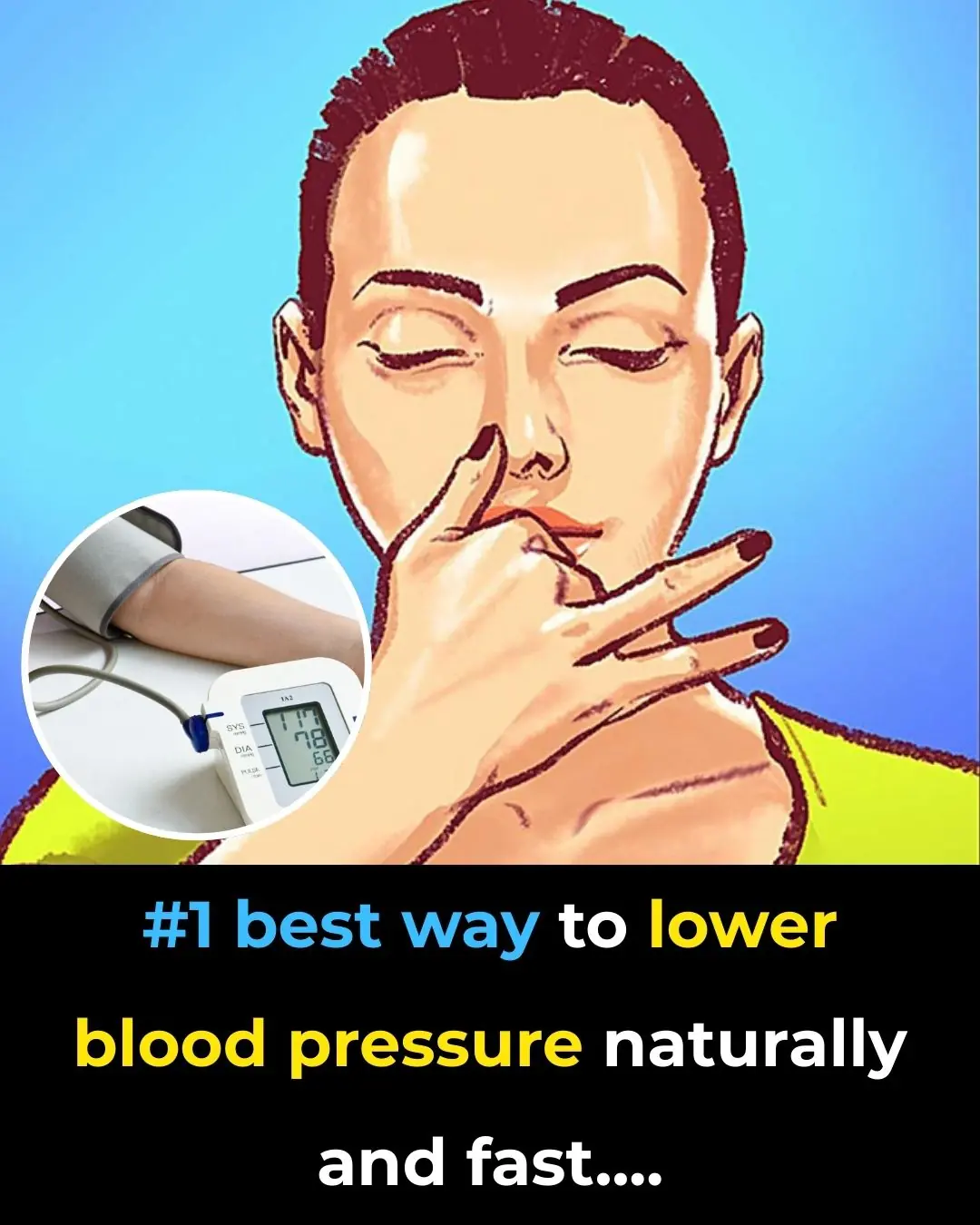
Preventing Stroke At Any Age: 3 “Don’ts” After Meals—And 4 “Don’ts” Before Bed

Imagine waking up and struggling to form a single word. Imagine trying to move your limbs, only to realize your body isn’t responding. For millions across the globe, this isn’t just a bad dream—it’s a life-altering reality caused by a stroke.
Strokes strike suddenly, often without warning, robbing individuals of their ability to speak, move, remember, or function as they once did. What makes this even more tragic is that, for many, stroke results not from genetics or accidents, but from a build-up of seemingly harmless habits: eating too late, skipping a walk after dinner, staying up too long, or having one more drink before bed.
But there is good news—science now shows that up to 80% of strokes are preventable. And not through expensive treatments or invasive procedures, but through consistent, mindful lifestyle choices—especially during two overlooked but critical parts of your day: after meals and before bed.
These two windows can either support or sabotage your brain and vascular health. Our blood pressure, blood sugar, inflammation levels, and sleep quality all fluctuate dramatically based on what we do—or don’t do—during these periods. The medical research is clear: small behaviors can either raise or reduce your stroke risk substantially.
This article explores three things to avoid after meals and four things to avoid before bed—all backed by scientific research and practical wisdom. Regardless of your age, these habits can shape your health future.
🚫 After Meals: 3 Things You Should Avoid
1. Don’t lie down or nap right after eating
Post-meal fatigue is common, especially after a large or carbohydrate-rich meal. But lying down right after eating can lead to more than indigestion. It disrupts metabolic processes and has been linked to long-term issues such as insulin resistance, obesity, and hypertension—all major contributors to stroke.
👉 What the research says: Studies have found that sleeping or napping too soon after eating is associated with poorer glucose control and sleep quality. In contrast, keeping at least 2–3 hours between your last meal and sleep improves digestion, weight management, and heart health.
✅ Tip: Use this time to do light chores, go for a walk, or sit upright to support digestion.
2. Don’t remain sedentary—get moving
It's tempting to sit and relax after a big meal, especially after dinner. But physical inactivity after meals can cause sharp blood sugar spikes and put strain on your cardiovascular system.
👉 What science shows: A simple 20-minute walk after eating helps regulate blood glucose and supports healthy blood pressure. Studies have shown that walking at a moderate pace after dinner can reduce stroke risk by up to 13%.
✅ Tip: Make post-dinner walks a daily ritual. It improves digestion, clears the mind, and even enhances sleep later.
3. Don’t consume alcohol immediately after meals
While a glass of wine or a cocktail might feel like a way to unwind, drinking alcohol right after eating can lead to elevated inflammation, blood pressure spikes, and vascular damage.
👉 A large-scale international study found that even moderate alcohol consumption after meals, especially when combined with poor sleep, increases stroke risk—sometimes dramatically.
✅ Tip: Replace alcohol with calming drinks like herbal tea, lemon water, or warm water with ginger to aid digestion and support vascular health.
🌙 Before Bed: 4 Critical Habits to Avoid
1. Don’t eat dinner too late (especially after 9 p.m.)
Eating close to bedtime interferes with your body’s natural circadian rhythm and metabolic cycle. Late-night meals disrupt digestion, elevate nighttime glucose, and impair sleep quality.
👉 Evidence: The NutriNet-Santé study in France, with over 100,000 participants, found that eating dinner after 9 p.m. increased the risk of stroke and cerebrovascular disease by 28% compared to those who finished dinner before 8 p.m.
✅ Tip: Try to eat dinner by 7–8 p.m. and allow at least 3 hours before sleep for optimal digestion.
2. Don’t stay up too late or change your bedtime frequently
Sleep consistency is often underestimated. Irregular sleep times—even if total sleep hours are the same—disrupt your biological clock and increase your risk of stroke, heart disease, and metabolic disorders.
👉 A study tracking over 72,000 adults found that irregular sleep schedules and extreme sleep durations (<5 or >9 hours) raised stroke risk by up to 71%.
✅ Tip: Stick to a consistent bedtime every night, including weekends, and aim for 7–9 hours of quality sleep.
3. Don’t drink alcohol late in the evening
While alcohol may help you fall asleep faster, it reduces REM sleep, increases nighttime awakenings, and heightens inflammation—leading to poor sleep and increased stroke risk.
👉 Research has shown that even one or two drinks in the evening can impair the brain’s recovery process overnight and raise blood pressure the next day.
✅ Tip: Avoid alcohol 3–4 hours before bed. Opt for sleep-friendly drinks like chamomile tea, tart cherry juice, or warm milk instead.
4. Don’t consume caffeine or heavy meals late at night
Caffeine—even consumed in the late afternoon—can reduce melatonin production and delay sleep onset. Likewise, spicy or fatty meals before bed can cause indigestion, heartburn, and fragmented sleep.
👉 Sleep disruption has been linked to poor cardiovascular outcomes. Chronic sleep debt raises cortisol, increases blood sugar, and worsens blood pressure—all compounding stroke risk.
✅ Tip: Limit caffeine after 2 p.m., and finish your last full meal 3+ hours before bedtime.
🧠 Why These Habits Matter: The Science Behind the Routine
1. Your circadian rhythm controls more than just sleep
Your internal body clock regulates not only sleep, but also blood pressure, insulin sensitivity, and inflammation. Disrupting it with poor meal or sleep timing increases stroke and heart disease risk.
2. Poor sleep is an independent risk factor for stroke
Irregular sleep patterns, snoring, or fragmented sleep all raise the likelihood of stroke. Sleep disorders like sleep apnea can triple stroke risk in men and significantly increase it in women.
3. Lifestyle behaviors are cumulative
The effects of daily routines build up over time. Skipping a walk once isn’t harmful, but years of poor post-meal and pre-bed habits can create the perfect storm for stroke. When combined with high blood pressure, smoking, poor diet, and inactivity, the risk multiplies.
✅ Putting It All Together: Your Stroke-Prevention Routine
Here’s a simple blueprint to integrate these habits into your day:
🌅 Morning/Afternoon
-
Eat breakfast early, ideally before 9 a.m.
-
Focus on a whole-food diet: vegetables, whole grains, legumes, lean protein, and healthy fats.
-
Keep sodium under 2,300 mg/day, and avoid highly processed foods.
-
Exercise daily: Aim for 150 minutes/week of moderate cardio plus 2 strength sessions.
🍽️ After Meals
-
Wait 2–3 hours before lying down or sleeping.
-
Take a 20-minute walk after lunch or dinner.
-
Avoid alcohol after meals—choose tea or water instead.
🌙 Evening / Pre-Bed
-
Finish dinner by 8 p.m.
-
Avoid caffeine after mid-afternoon.
-
Skip alcohol close to bedtime.
-
Go to bed and wake up at consistent times.
-
Limit fluids in the last 1–2 hours before bed to minimize nighttime awakenings.
🧭 Final Tips to Stay On Track
-
Start with one habit (like walking after dinner), and build gradually.
-
Keep a health journal to track sleep and meal timing.
-
When socializing, plan ahead—eat earlier and skip the nightcap.
-
If you experience snoring, daytime fatigue, or insomnia, talk to a sleep specialist.
🛡️ Your Health Is in Your Hands
Strokes don’t discriminate by age—but your habits can be your best defense. By following these 3 after-meal don’ts and 4 before-bed don’ts, you align with your body’s natural rhythms and reduce one of the most preventable health risks of our time.
Make your daily routine your strongest medicine. Small choices, practiced consistently, create lasting protection for your brain, your heart, and your future.
News in the same category

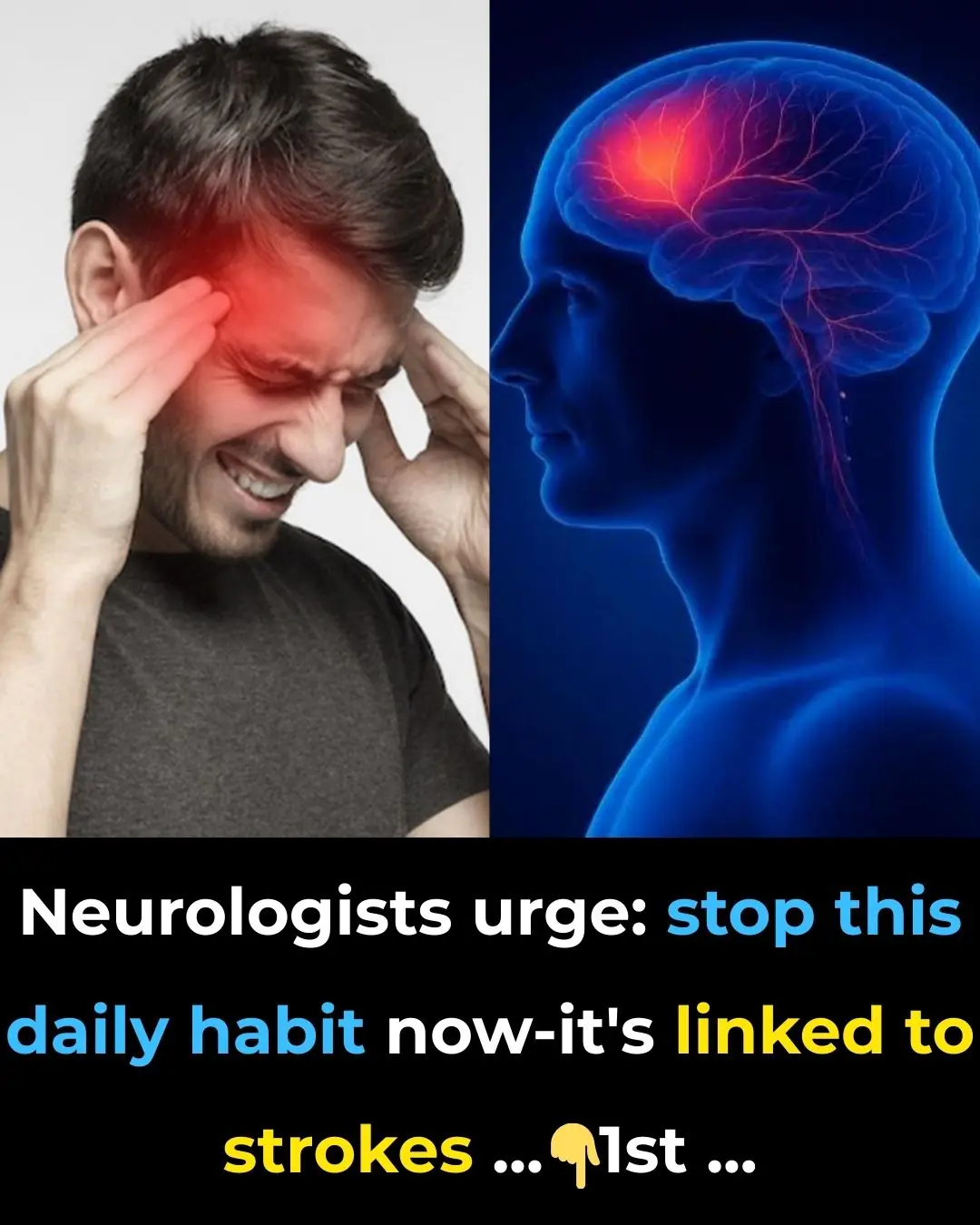
Neurologists urge: stop this daily habit now—it’s linked to strokes!
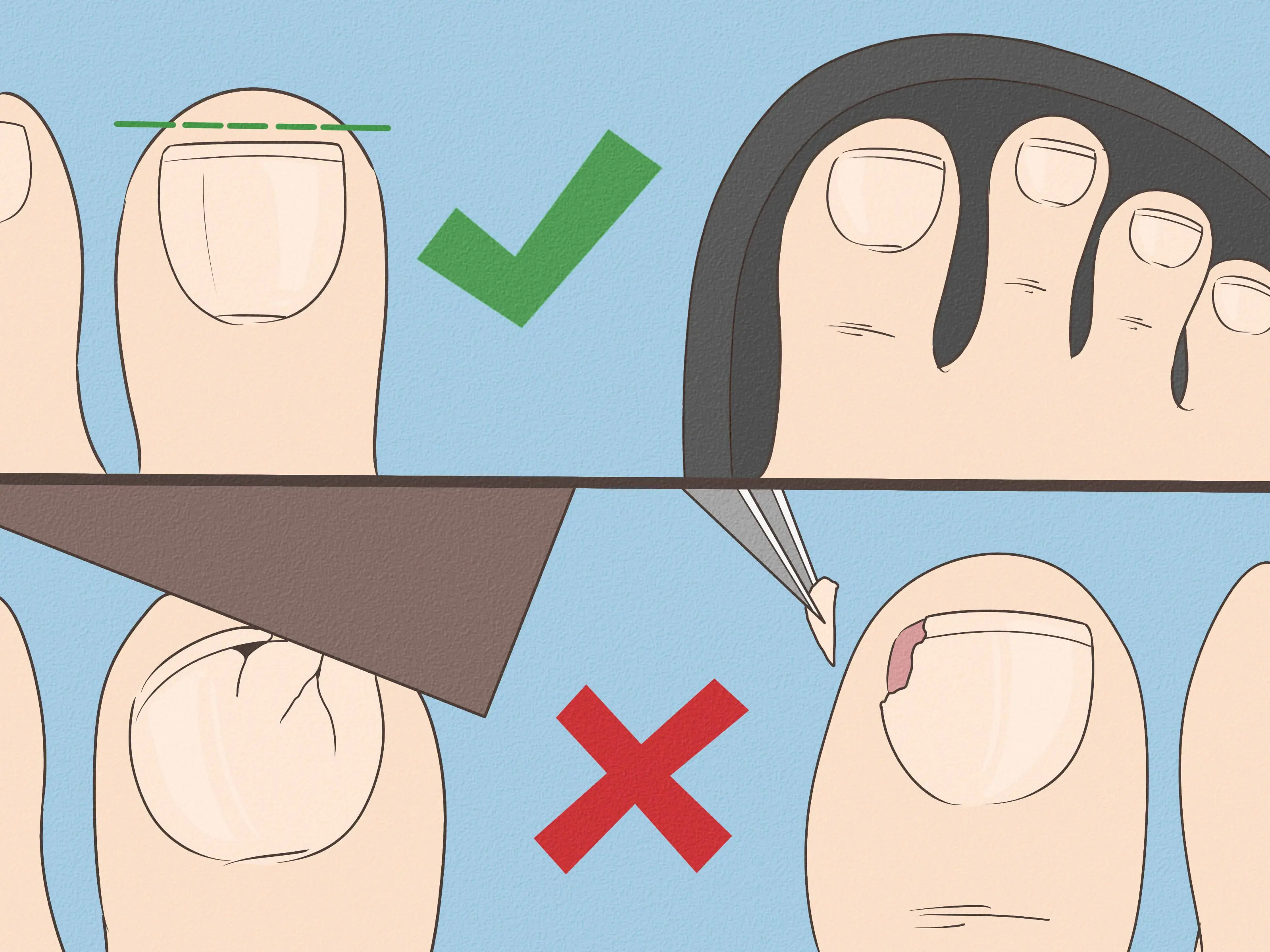
Natural Home Remedies for Ingrown Toenails That Bring Quick Relief
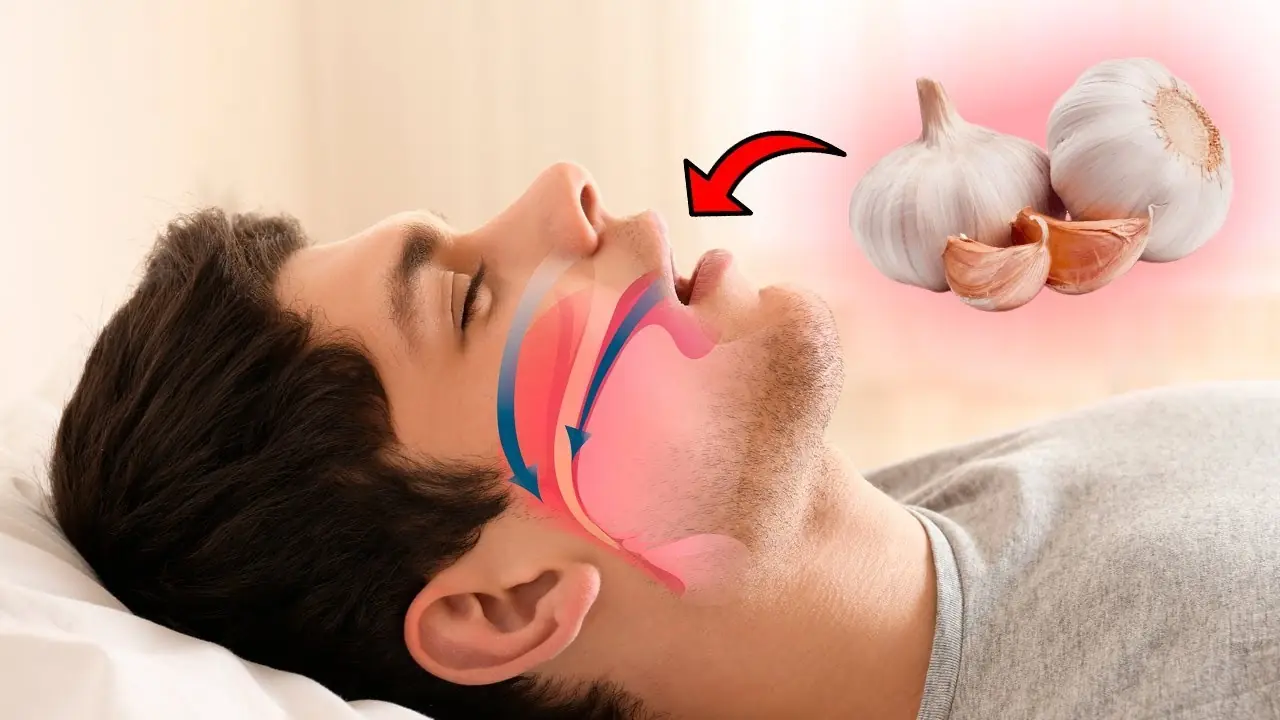
This Is What Happens to Your Body When You Start Eating Raw Garlic

What Those Red Spots on Your Skin Are Warning You About and How to Remove Them Naturally
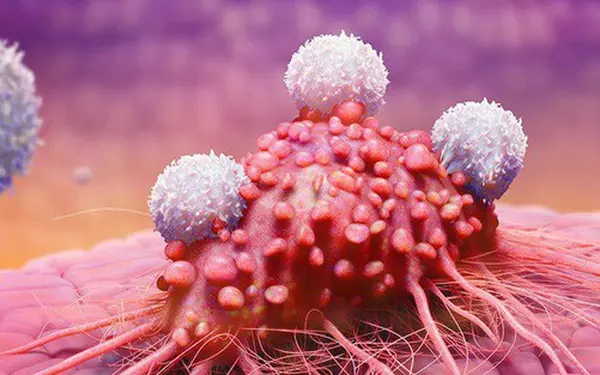
Small Morning Habits That Many Overlook but Boost Blood Flow and Energy

Woman Urged to See Doctor After Spotting Concerning Line

Groups of People Who Need to Avoid Eating Bread
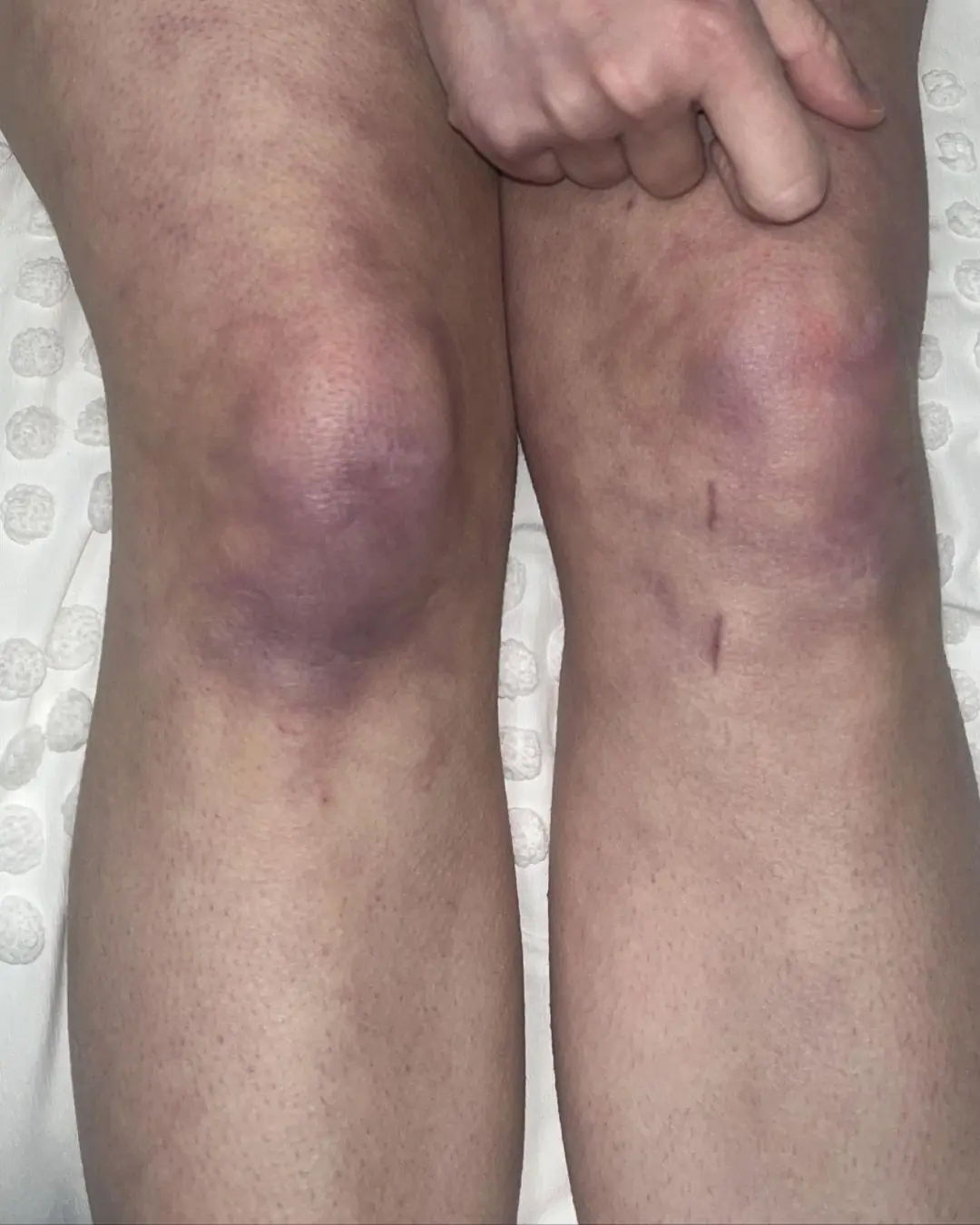
What those strange skin patterns might really mean

Should You Eat Rice for Breakfast
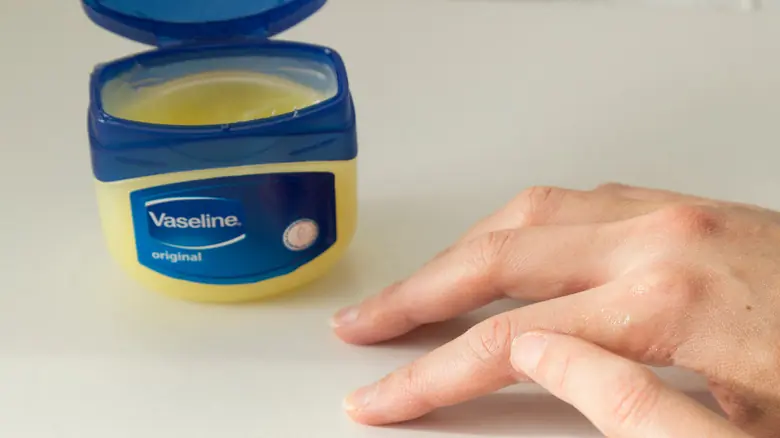
Why You Should Stop Using Petroleum Jelly On Your Skin (It’s a Byproduct of the Petroleum Manufacturing Process)
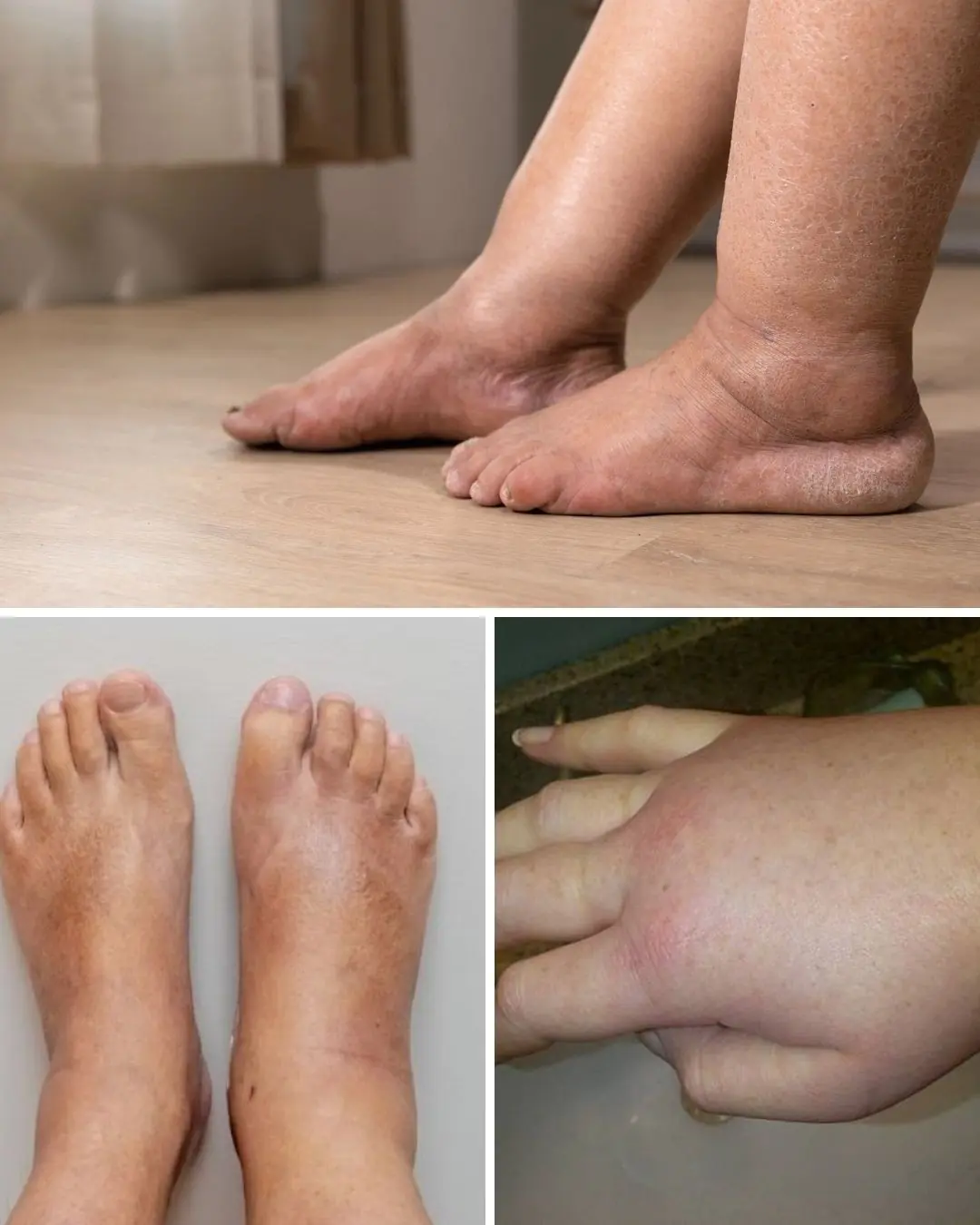
Foods that can ease swelling in hands and feet
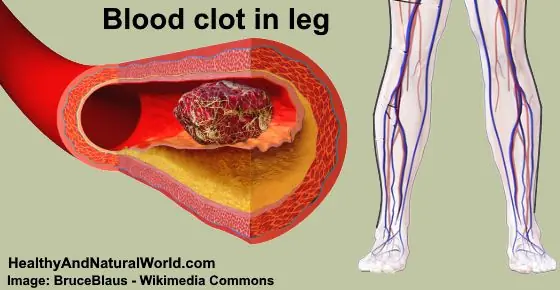
Blood Clot in Leg: Signs and Symptoms You Shouldn’t Ignore (Pictures Included)

The Most Effective Ways to Naturally Get Rid of Clogged Ears

Most US Neurologists Who Prescribe MS Drugs Take Industry Money

Cognitive Benefit From Ginkgo biloba Monotherapy in MCI
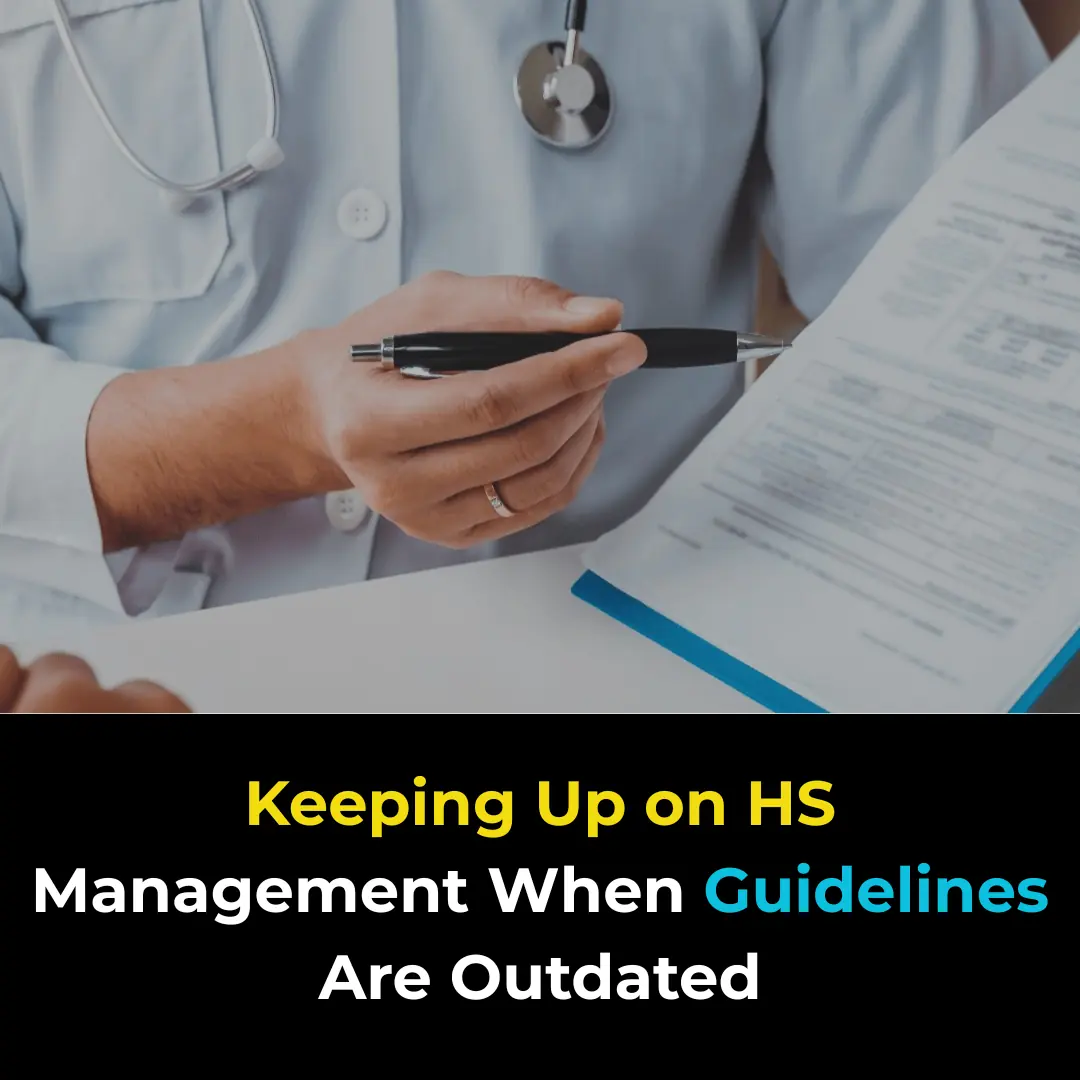
Keeping Up on HS Management When Guidelines Are Outdated

How Your Body Changes in Your Forties and What It Means for Your Health

17 Foods That Increase Magnesium And Prevent High Blood Pressure, Blood Clots And Muscle Fatigue
News Post

#1 Best Way to Lower Blood Pressure Naturally and Fast

Neurologists urge: stop this daily habit now—it’s linked to strokes!

What Is the Small Cap Inside Cooking Oil Bottles For? Simple But Extremely Useful

A Trick to Repel Rats Using Common Household Ingredients, Keeping Your Home Clean, Fresh, and Rat-Free

Place a Face Mask in the Refrigerator: A Small Trick with Unexpected Results

Put Ice Cubes in Your Clothes Dryer, and You’ll Be Surprised by the Results

Why You Should Put Coins in the Refrigerator?

Tips for Choosing Good Avocados: Don't Be Tempted by Large Ones, They Are 'A Waste of Money'.

Natural Home Remedies for Ingrown Toenails That Bring Quick Relief

This Is What Happens to Your Body When You Start Eating Raw Garlic

What Those Red Spots on Your Skin Are Warning You About and How to Remove Them Naturally

Small Morning Habits That Many Overlook but Boost Blood Flow and Energy

How to use Onion juice & Onion Hair Oil for Hair Growth – Onion Benefits for Hair

What it says about your relationship when your partner sleeps with their back to you

Woman Urged to See Doctor After Spotting Concerning Line

Homemade Okra Face Gel – Collagen Gel for Glowing Skin

Groups of People Who Need to Avoid Eating Bread

What those strange skin patterns might really mean
